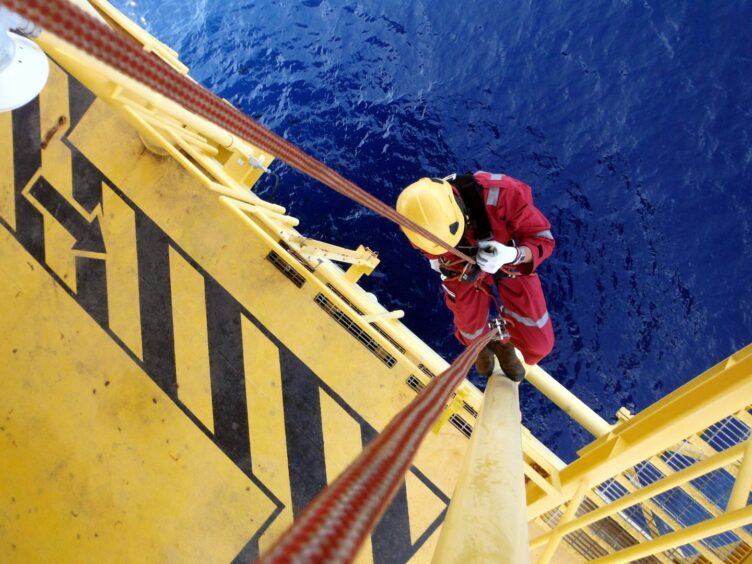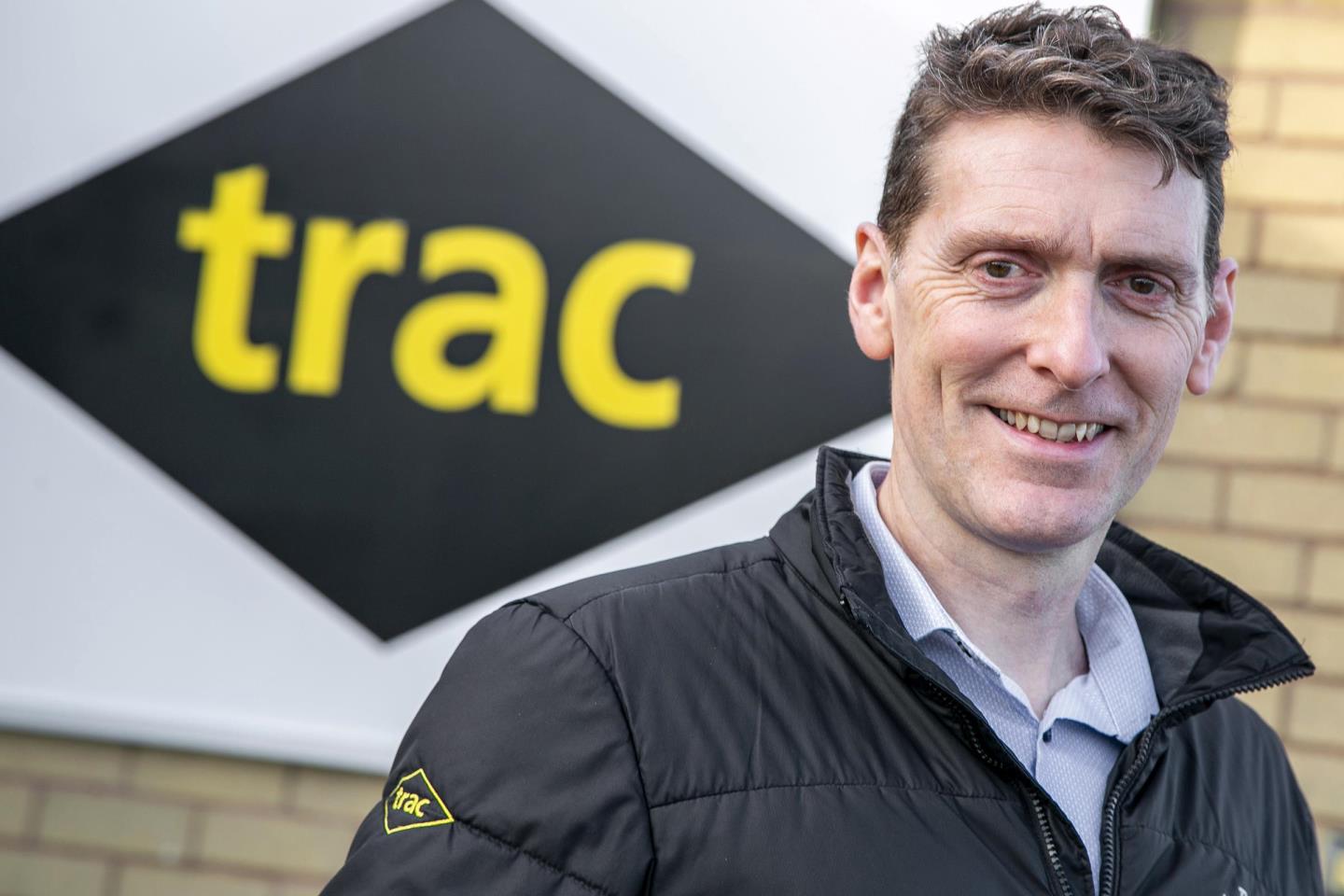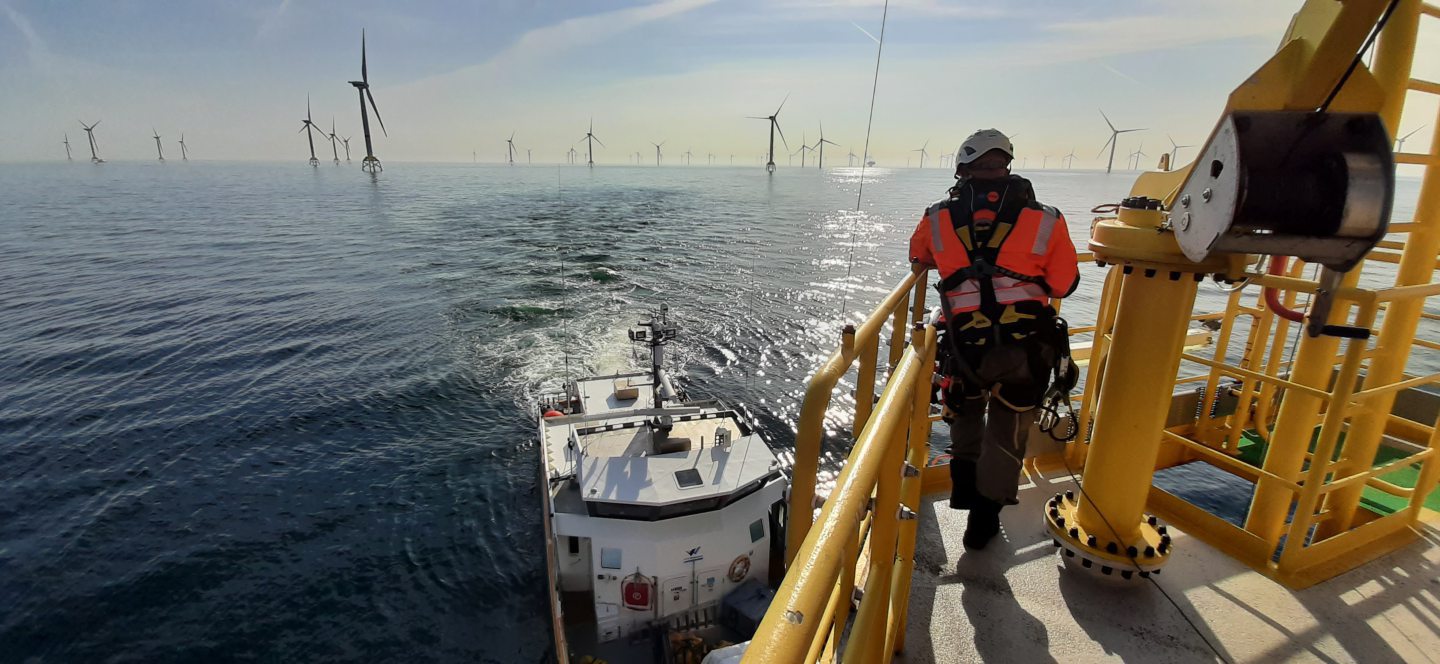
Aberdeen-headquartered TRAC International has said Brexit and inflation have led to heavy group losses led by its radio division.
The oil and gas firm, which launched the radio segment in 2007, has posted a £3.2m loss for 2023, building on a £2.5m loss the prior year.
Meanwhile, job numbers have diminished 40% from a peak of 600 in 2018 to 350, according to latest filings on companies house.
Despite a modest profit in its core energy division, TRAC International director Danny Hawthorn said the radio segment has dragged down its group results.
The segment, since moved out of the UK to India, had experienced an anticipated downturn in revenue as 5G mobile networks become more established.
“However, this coupled with supply chain challenges and raw material cost increases specifically as a result of Brexit, along with increased costs from the ongoing energy and cost of living crisis, Radio Design has had to relocate its entire manufacturing business from Shipley, West Yorkshire to their existing facility in India,” Mr Hawthorn said.
“Management and R&D activities remain in the UK however these were the main reason for posting a loss in 2022/23.”
Energy and renewables segment still positive
Despite challenges in its radio segment, Mr Hawthorn said TRAC is continuing to invest in its Energy and Renewables divisions.
Mr Hawthorn said the TRAC Energy division had experienced continued growth since 2018 and had increased its headcount least year.
“On the Energy front, despite the ongoing challenges in availability of suitably qualified personnel, increased export costs due again to Brexit, increased energy costs and the IR35 rule changes which limits our ability to provide a ‘floating’ or ad-hoc workforce, TRAC Energy Ltd has shown strong growth getting back up to pre-COVID revenue levels and posting a small profit,” Mr Hawthorn said.
“This includes for significant investment in our Renewable Services division, where we are successfully developing our services within this sector.
“We anticipate a stronger performance from Radio Design in the current financial year, and will continue to invest heavily in our Energy business, supporting our existing North Sea customers and beyond, whilst developing our capability within the Renewable marketplace.”
Supply chain woes
Inflationary pressures and rising energy costs have hit the North East supply chain in recent years, with confidence within the oil and gas and renewables sectors declining last year.
Firms are also struggling to secure investment, leading to warnings a flight of capital for the oil and gas supply chain “will jeopardise” the UK energy transition.
In addition to recent missed opportunities for UK companies surrounding maintenance work on Hywind floating offshore wind turbines, the UK government has also raised concerns about supply chain obstacles which could hinder the development of the nascent carbon capture, utilisation and storage (CCUS) industry.
These challenges within the energy supply chain are not unique to the UK, with Europe’s offshore wind ambitions also experiencing setbacks from bottlenecks and construction delays.
Recommended for you

 © Supplied by ThinkPR
© Supplied by ThinkPR © Supplied by TRAC Renewables
© Supplied by TRAC Renewables